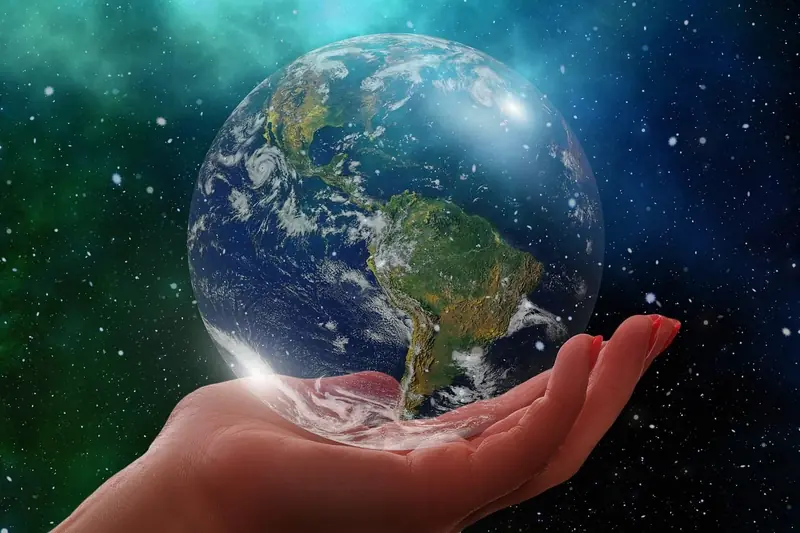
Just over two centuries ago, the Earth’s population was around 1 billion people. In just 100 years, it increased by 600 million, and today it stands at approximately 8 billion. This rapid growth is unsustainable for the planet, raising the risk of a “population correction.” According to renowned Canadian ecologist William Rees, this could happen within this century.
The Planet’s Population is Growing While Resources are Dwindling
The scientist points out that humanity is consuming the Earth’s resources at an unsustainable rate. Moreover, natural human tendencies complicate the correction of this “advanced ecological overshoot.”
This could lead to a certain collapse of civilization that would “correct” the world’s overpopulation. Mr. Rees tells Sciencealert that, in the worst-case scenario, this could occur before the end of the 21st century, leaving only the wealthiest and most resilient societies.
According to the ecologist, humanity has evolved in such a way that reproduction, geographical expansion, and the consumption of all available resources have occurred exponentially. For much of human evolutionary history, these trends were held in check by negative feedback. However, due to the scientific revolution and the use of fossil fuels, the exponential growth of the planet’s population is no longer restrained.
The Earth is Overburdened by Overpopulation
Mr. Rees notes that humanity has come to see itself as masters of the planet, forgetting that natural selection still governs us. Furthermore, the human tendency toward short-term thinking, which once played a positive role, continues to drive the consumption of all available resources as long as they exist.

This approach has led to excessive consumption and pollution, for which a portion of the current global population must now take responsibility. According to Mr. Rees, climate change is evidence that the planet is already experiencing overload. However, this is just a small part of the overall problem of overshoot.
As Mr. Rees points out, while humanity continues to consume vast amounts of fossil fuels, it simultaneously ignores other symptoms of overshoot. All these interconnected issues contribute to the sixth mass extinction on Earth and create the risk of chaotic failures in the planet’s essential life-support systems.
Moreover, proposed solutions, such as transitioning to renewable energy sources, do not actually resolve the problem of exponential population growth. In fact, they may further contribute to the excessive consumption that accompanies it.
It’s Important to Recognize the Danger to Earth’s Population
The question is whether advancements in technology—ranging from combating climate change to increasing food production—can keep pace with the growing consumption needs of the planet. According to this research, if innovations fail to find solutions, food shortages, environmental instability, wars, and diseases could significantly impact population numbers.
 As Mr. Rees explains, while no single symptom of overshoot can be adequately addressed in isolation from others, tackling overshoot directly will simultaneously reduce all critical symptoms. Additionally, the researcher (along with many other scientists) emphasizes that people need to be much more aware of the danger they are in.
As Mr. Rees explains, while no single symptom of overshoot can be adequately addressed in isolation from others, tackling overshoot directly will simultaneously reduce all critical symptoms. Additionally, the researcher (along with many other scientists) emphasizes that people need to be much more aware of the danger they are in.
Humanity must find ways to achieve a better balance between giving and its relationship with the planet. As Mr. Rees notes, in the best of all possible worlds, the entire transition could be guided in a way that prevents unnecessary suffering for millions or billions of people. However, this is not happening—and cannot happen—in a world that fails to recognize its own dire situation.
